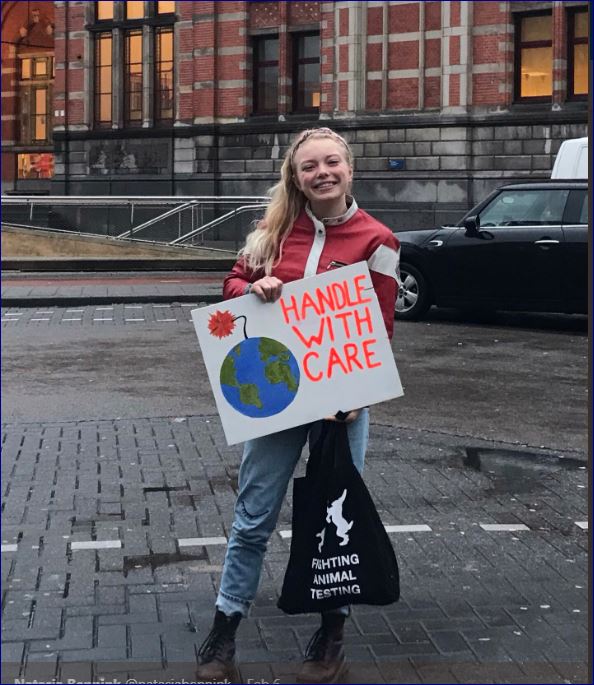“Where there is a will there is a way and where there is no will there is a law.” These were - four years ago - the words of Jet Bussemaker following the discussion about the women's quota and the impasse in which this discussion had reached. In a interview In NRC Handerlsblad she indicated that the government and parliament must take more responsibility for complex social issues. Especially when other relevant parties do not take up this responsibility.
While it was the women's quota at the time, discussions about whether or not to abolish dividend tax or the collapse of hospitals may now require tighter and more proactive management from the government and clearer legislation from Parliament. However, the will to do so is less strong. Minister Bruins indicates that he does not see a role for himself in this.
Two other complicated files are the Climate Agreement and the Prevention Agreement. In both cases, the government has taken the lead in finding a solution together with other stakeholders. Not out of our own interest but in the interest of society. However, companies continue to go around in circles. The recent discussion about failure to achieve the climate objectives therefore appears to be an example of an impasse that requires strong political action. Or like Klaas van Egmond, professor of Environmental Science and Sustainability in de Volkskrant rightly says: 'Ultimately it is the government's turn. If you let all those companies and organizations – with very different interests and views – come up with their own ideas about what should be done, then this will certainly not work. You wouldn't let a turkey decide on Christmas dinner, would you?
In extreme cases, as a government you must also dare to opt for legislation; After all, where there is no will, there must be a law. This helps companies that do not change on their own and therefore may have to be forced by legislation. But it also helps companies that are willing and able to use new regulations to create a better position for themselves.
Tighter control from the government does not necessarily have to lead to contraction in which companies withdraw from the media and social debate because they do not want to take any risks. Legislation can actually create clarity and offer new opportunities. Opportunities for citizens, opportunities for politics and opportunities for entrepreneurs. When companies more actively defend their social position and interests, they will have to go out more. They must actively approach the government and politicians (who appear to have increasingly biased views) and perhaps ask for regulations. That way the knife cuts both ways. Who can be against that?




